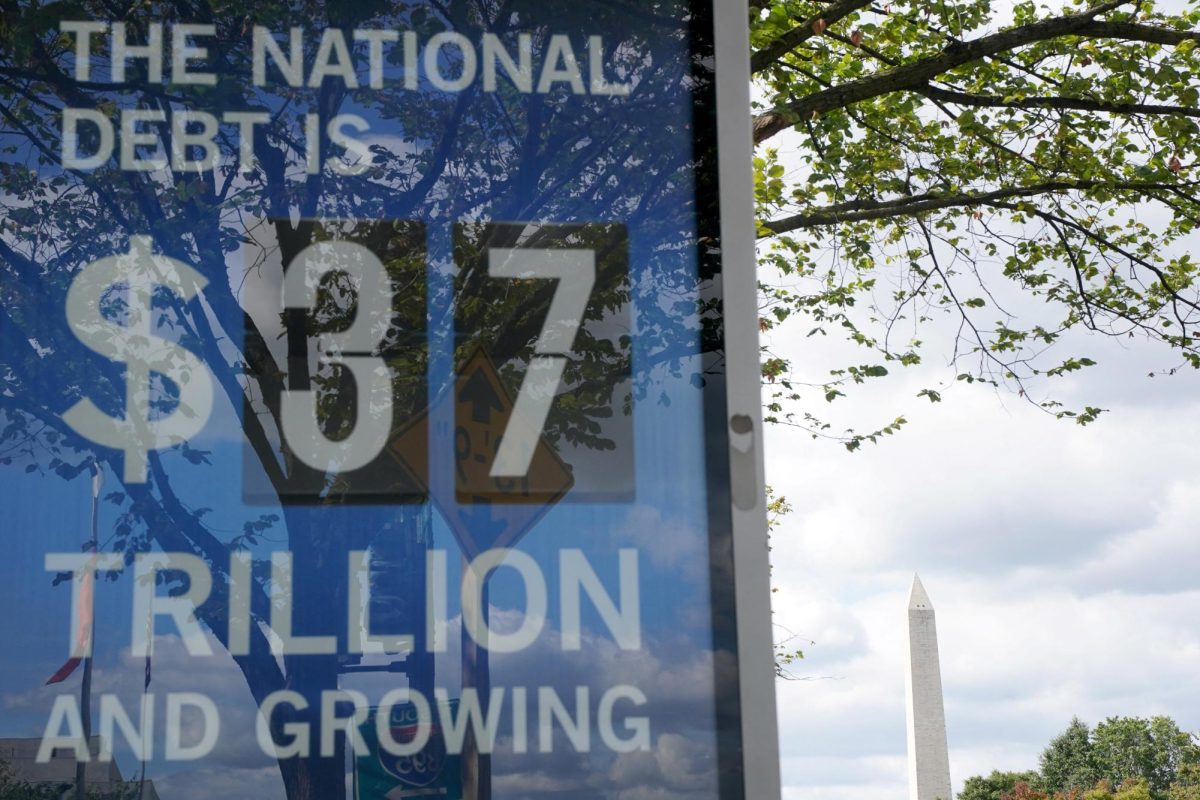A newly appointed panel of vaccine advisors, chosen by U.S. Health Secretary Robert F. Kennedy Jr., has altered the CDC’s guidance regarding COVID-19 vaccines. Now, individuals across the country may access vaccination differently.
Below is an overview of what the new recommendations are, what California and other states have done in response, how Americans have reacted, and how people may be impacted, especially those most vulnerable to COVID-19.
CDC removes blanket COVID vaccine recommendations
Previously, according to Newsweek, the CDC and federal health officials urged nearly all Americans aged 6 months and older to get COVID boosters, which are updated each year. This was to maintain protection against COVID as it mutated. This guidance was created under the CDC’s Advisory Committee on Immunization Practices, which Kennedy dissolved in May. Now, their blanket recommendation is gone.
Instead, individuals are told to consult with their health providers and decide whether to be vaccinated or not, as decided by the CDC last month. They adopted this recommendation on Monday, October 6th. “Past guidance deterred health care providers from talking about the risks and benefits of vaccination,” acting CDC director O’Neill claimed.
This guidance comes following the release of the 2025-26 COVID boosters to the public. These vaccines are formulated to match current strains of COVID, and studies from Moderna and Pfizer show that they generate a more effective immune response than the original shots. They should provide protection that lasts for four to six months.
In August, these vaccines were approved for anyone 65 or older, and for anyone with an underlying health condition making them vulnerable to COVID. Now, they’re open to everyone, but people under 65 are especially encouraged to talk to their providers about said risks and benefits – a process the CDC calls “shared clinical decision-making”.
Governor Newsom and West Coast governors counter the CDC with their own vaccine guidance
California Governor Gavin Newsom and the governors of Oregon and Washington shared on September 3 that they would be collaborating on developing their own vaccine guidelines, forming the West Coast Health Alliance.
“In the State of California, you can now get the COVID vaccine without a recommendation from your doctor. You can simply go into the pharmacy… and the pharmacist can allow you to get the vaccine,” Mrs. Groenke, a CCHS Anatomy and Physiology teacher, shares. She believes that adverse effects to people vulnerable to COVID are less likely because of this.
Axios shares that the governors criticized the politicization of the CDC. Newsom claims that “the CDC has become a political tool that increasingly peddles ideology instead of science… California, Oregon, and Washington will not allow the people of our states to be put at risk.” They plan to use evidence-based recommendations from national medical organizations.
Eight northeastern states may follow in the West Coast Health Alliance’s footsteps to create their own guidance.
Andrew Nixon, the HHS communications director, criticized the governors. He claimed that they are destroying public trust in health agencies, using ‘failed politics of the pandemic’. Nixon also said that the CDC’s new vaccine policy was based on rigorous evidence.
Americans react with confusion over what this change means
Today asks: do people actually know what “shared clinical-decision making” is? Right now, it’s unclear whether this will come in the form of actual face-to-face discussion, a written form, or verbal consent. There also isn’t a way to ensure that people talk to their providers.
Now, there’s concern that the new guidance could be an extra obstacle for some patients, including those pregnant. Formerly, the CDC ended recommendations for pregnant patients, but then, the CDC and the FDA commissioner referred to pregnancy as a high-risk condition. It’s unclear what access will actually look like for pregnant patients.
Mrs. Groenke, a CCHS Anatomy and Physiology teacher, says that from [her] understanding, “the way that they announced this change caused confusion.” The people who are most susceptible to becoming very ill from COVID are individuals in their 80s or above, or people who have underlying conditions. The rest of the population is less likely to suffer a serious reaction, so the administration weighed the risks and benefits of vaccinating them from COVID, especially given some side effects of the vaccine for young men. “A lesson that I hope [health officials] have learned is that they need to anticipate the confusion, and be clearer in their message,” Mrs. Groenke shares.
Critics fear potential negative impacts of the new guidelines
According to Newsweek, medical organizations quickly pushed back against the changes, claiming that progress toward reducing severe illness and death from COVID could be reversed. Critics asked if Trump’s administration has exaggerated rare side effects of COVID vaccines, painting them as more dangerous than they actually are.
Many are concerned that the new guidance could be an extra obstacle for some patients, including those who are pregnant. Earlier this year, the CDC ended recommendations for pregnant patients, but more recently, the CDC and the FDA commissioner referred to pregnancy as a high-risk condition. It’s unclear what access will actually look like for pregnant patients.
Capital B, a news organization dedicated to covering issues important to Black communities, criticized potential negative impacts of new vaccine mandates on Americans who already face barriers to healthcare access. This includes Black Americans, who are at least 1.5 times more likely to contract COVID and 4 times more likely to be hospitalized as a result. Systemic barriers to healthcare access have exacerbated illness for marginalized Americans. Now, with restrictive vaccine guidelines in place, critics fear that health disparities in America could worsen.
Kennedy has faced some calls to resign from those who view the CDC’s new COVID policy as dangerous.
Distrust and indifference toward vaccines remains
Many Americans carry strong distrust of the COVID vaccines. A CDC study from December 2023 explained the three most common reasons parents declined to vaccinate their kids for COVID that year were: concerns about side effects and vaccines safety, believing that COVID is not a serious disease, and not believing that vaccines work well.
Because of these reservations, many Americans have advocated for vaccination being a choice, not a requirement; these ideas are reflected in the CDC’s changes. As we navigate a polarized discussion around vaccines, it’s important that we understand why each group is so concerned about the issue.





















































